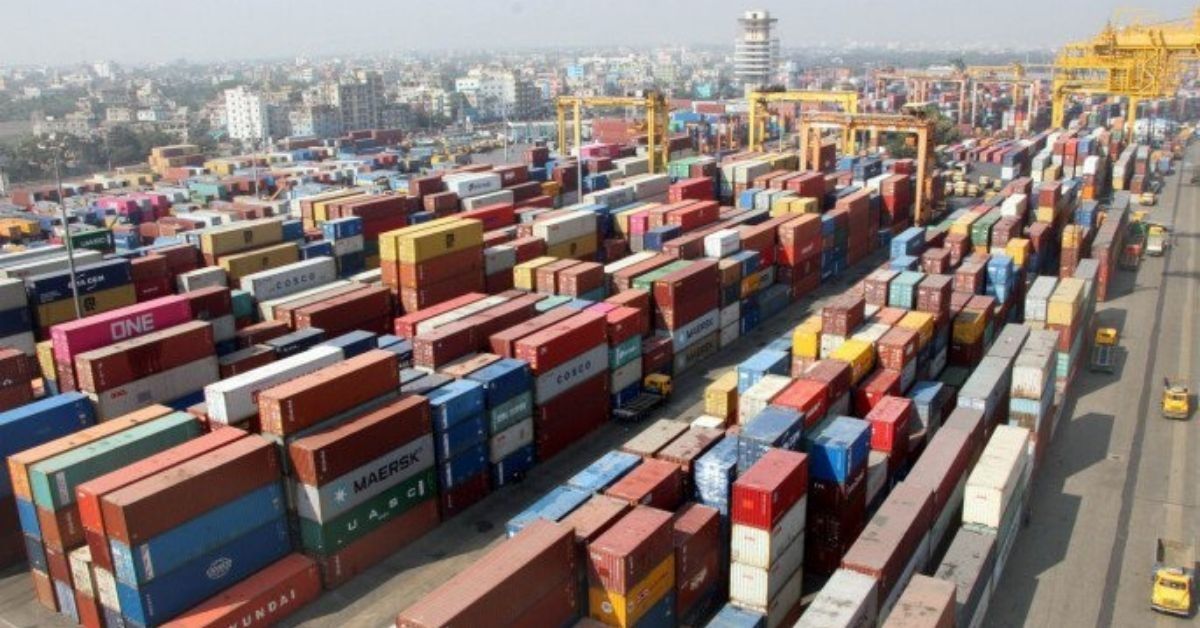The Chattogram customs authorities have once again extended the permission for importers to take delivery of 38 types of imported goods, including food products specified by the National Board of Revenue, from both the Chattogram port and private inland container depots (ICDs).
This permission, granted at the request of the Clearing and Forwarding (C&F) Agents Association, will now be valid for another three months from 1 October to 31 December, Khairul Basar, deputy commissioner of the Chattogram Custom House, said.
Under this decision, importers can choose to take delivery of ICD-bound goods from either the Chattogram port or the 19 private ICDs located in the area.
ICD owners, however, have expressed concerns that this dual delivery policy will lead to container congestion and disrupt the normal operations of the port.
No other major port in the world follows a system where goods and containers are delivered directly from the port yard, they claimed.
According to Bangladesh Inland Container Depots Association (BICDA), 23% of goods imported through Chattogram port should be delivered from ICDs. However, under the current policy, more than 50% of ICD-bound goods are being unloaded directly at the port. The 19 ICDs collectively handle over 220,000 import containers annually.
BICDA leaders expressed frustration with the customs authorities, noting that entrepreneurs have invested approximately Tk6,000 crore in the ICDs, which provide jobs for around 20,000 permanent and temporary workers. They claimed that the dual delivery policy undermines the investment and purpose of the ICDs.
In Chattogram, the 19 private ICDs – commonly referred to as off-docks – handle approximately 95% of export shipments, as well as 38 types of imported goods, including essential food items like rice, wheat, mustard seeds, chickpeas, pulses, and scraps.
The ICDs were established to reduce congestion at the port by providing an alternative location for unloading and delivering full container loads.








